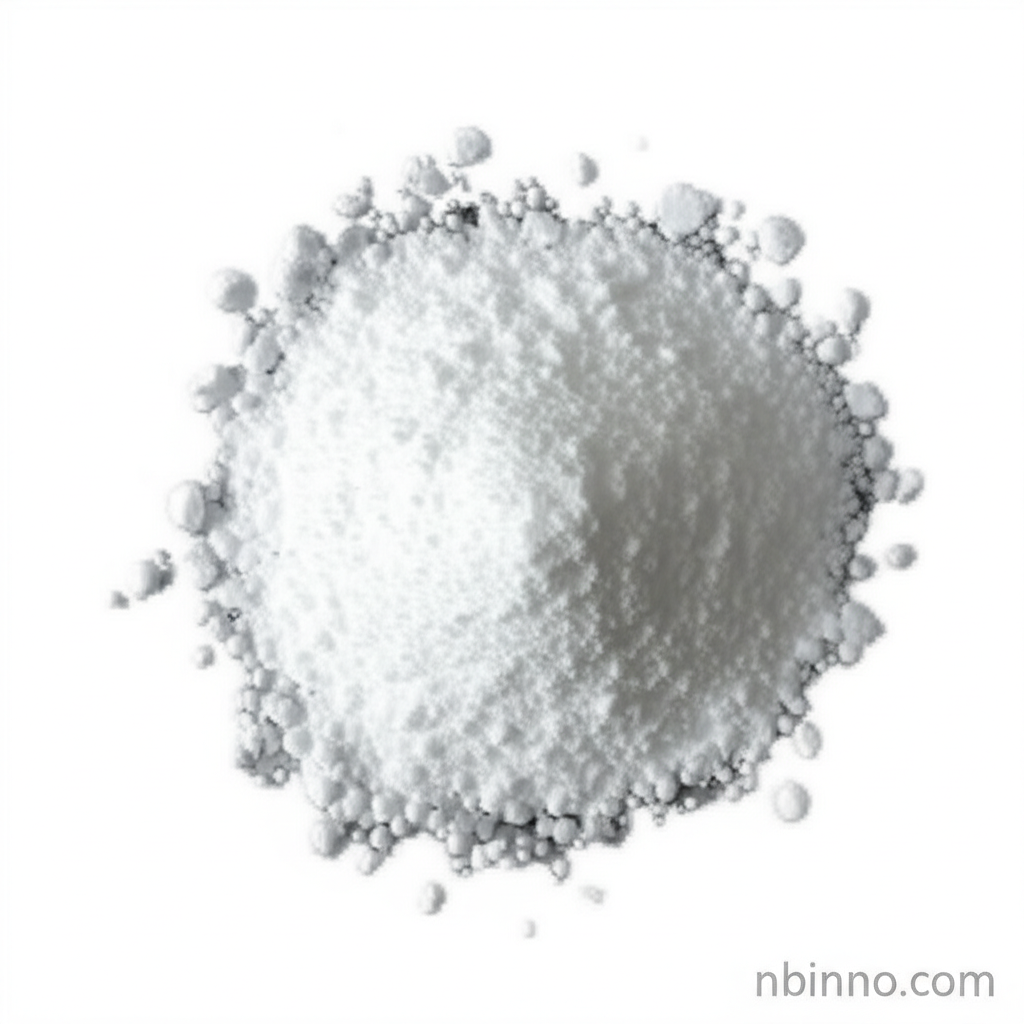Hydroxypropyl Cellulose: Versatile Chemical Auxiliary Agent for Diverse Industrial Applications
Discover the extensive applications of Hydroxypropyl Cellulose (HPC), a vital cellulose ether enhancing products across pharmaceuticals, food, cosmetics, and various industrial sectors. Learn about its properties and benefits as a reliable chemical auxiliary agent.
Get a Quote & SampleProduct Core Value

Hydroxypropyl Cellulose
Hydroxypropyl Cellulose (HPC) is a highly versatile, water-soluble cellulose ether that serves as a crucial chemical auxiliary agent. Its unique properties as a thickener, stabilizer, binder, and film-former make it indispensable in numerous industries. As a reliable supplier in China, we offer high-quality HPC to meet diverse manufacturing needs.
- Discover the extensive Hydroxypropyl Cellulose applications in pharmaceutical formulations, acting as a binder and controlled-release agent to improve tablet bioavailability.
- Explore the HPC chemical properties, understanding its role as a thickener and stabilizer in food products, enhancing texture and consistency.
- Learn about the diverse cellulose ether uses in cosmetics and personal care, providing thickening and film-forming benefits for lotions and creams.
- Understand why HPC is a preferred pharmaceutical excipient, contributing to tablet strength and controlled drug release, making it a key ingredient for better medication delivery.
Benefits of Hydroxypropyl Cellulose
Enhanced Product Performance
Leverage the excellent thickening and stabilizing capabilities of HPC chemical properties to improve the texture, consistency, and overall performance of your products.
Versatile Industrial Utility
Benefit from the wide range of Hydroxypropyl Cellulose applications, making it suitable for pharmaceuticals, food, cosmetics, coatings, and many other demanding industrial processes.
Improved Formulation Efficiency
Utilize HPC as a key cellulose ether uses component, optimizing formulations for better film-forming, binding, and controlled release, leading to more effective end products.
Key Applications
Pharmaceuticals
HPC serves as a vital pharmaceutical excipient, acting as a binder, film-former, and controlled-release agent in tablet formulations, enhancing drug delivery and efficacy.
Food Industry
As a food grade thickener HPC, it functions as a thickener, stabilizer, and emulsifier, improving the texture and consistency of sauces, dressings, and desserts.
Cosmetics and Personal Care
The cellulose ether uses of HPC in cosmetics include its role as a thickening and film-forming agent in lotions, creams, and hair gels, providing a smooth feel and improved spreadability.
Coatings and Adhesives
In coatings and adhesives, HPC is used as a thickener and film-former to enhance application properties, adhesion, and durability, showcasing its broad industrial utility.
